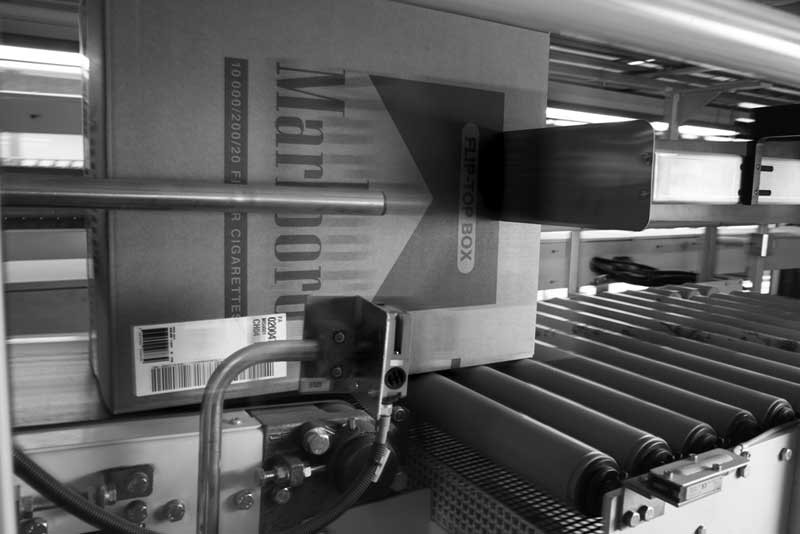
During the meeting in Panama of the parties to the Protocol to Eliminate Illicit Trade in Tobacco Products (MOP3), European Member of Parliament Anne-Sophie Pelletier today expressed her concerns about the shortcomings of the European tobacco product tracing system.
According to Pelletier, the Dentsu tracking system fails to comply with World Health Organization protocol—which the EU ratified in 2016—in part due to its association with the tobacco business.
Dentsu’s system is split between IT firms that operate information-tracking databases on those codes for individual manufacturers and importers, and an overarching level that gathers all that data into a “secondary data repository.” At the end of 2018, Dentsu Tracking, a subsidiary of Japan’s Dentsu Group, was awarded a contract to operate this secondary repository.
During a debate in Brussels on Feb. 8, European lawmakers highlighted the inefficiency of the European tobacco product tracing system, with several member states lamenting an increase in the level of tobacco parallel trade since its implementation in 2019.
Furthermore, European parliamentarians questioned the choice of Dentsu Tracking as the provider, and that company’s recruitment of Jan Hoffmann, a former official of the EU’s Directorate-General for Health and Food Safety (DG Sante), as director of its regulatory affairs and compliance division.
Dentsu has denied that Hoffman had any part in either awarding the contract to the company during his stint at DG Sante, or that he is using his Commission contacts to help the company in any way. “His hiring at Dentsu was carried out in full compliance with all applicable laws and regulations,” Dentsu Tracking’s CEO Philippe Castella was quoted as saying by Politico in 2023.










